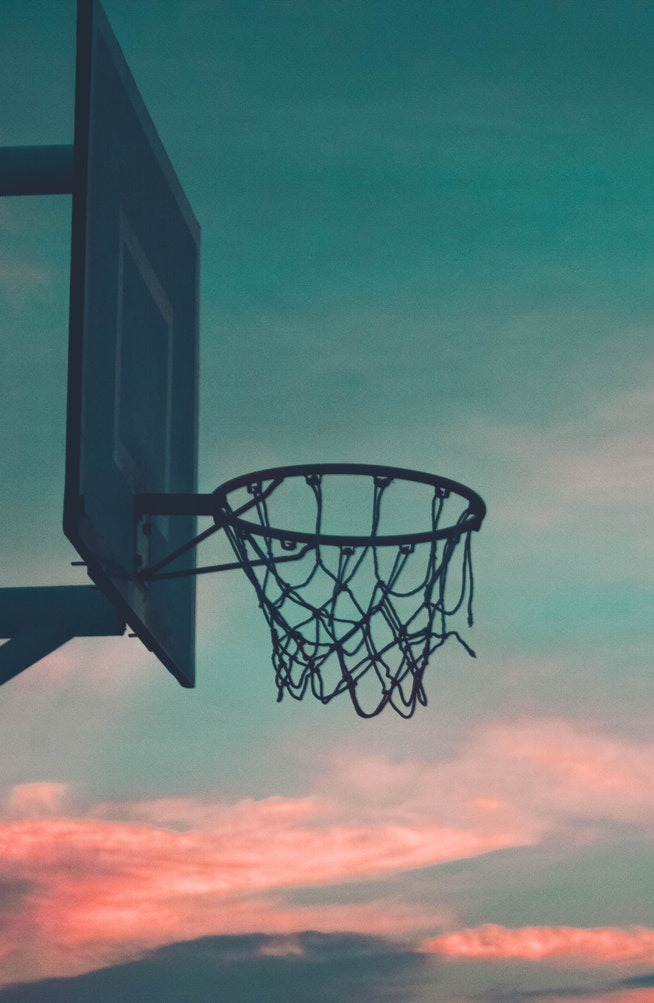Athlete mental health struggles after a game loss is a common issue. Sometimes things don’t go as planned. Even with all of the preparation and planning, every now and then even the greatest athletes in the world have to deal with a hard loss. Whatever the cause of the loss is, it doesn’t matter because the “what if’s” can spin around and around in your mind, particularly when the game you lost was a big one. How can an athlete manage his or her mental health in such situations?
Accept Responsibility Without Blame
When you put yourself to the test, you want to excel. You also take responsibility for your performance and on some occasions, your team’s performance. But when you put everything on your shoulders, the weight of a loss can be a heavy burden to bear long after the stadium/arena lights go out. The bottom line, however, is that you can’t move on when you’re placing blame on anyone, even the person in the mirror. You stay stuck in the reflection rather than focused on moving forward. Use the fuel from the sting of the loss to motivate you, but don’t let it control your fire.
Be Real With Yourself
Mental health issues can sneak up on you. You’ll start crying out of nowhere for no reason. Maybe you’ll uncharacteristically yell at someone. Perhaps you’ll experience a full-blown panic attack. There are lots of different ways that mental health problems can manifest. All of that energy and emotion needs to go somewhere and it can take you by surprise if you’ve never experienced it before. I know a lot of people who suppress how they are feeling and eventually, they “pop off” as we like to say.
If you’re feeling off or funny or like you can’t shake something, the best thing you can do is be honest with yourself. Give yourself the time and space to feel. For example, take notice if you can’t sleep because you’re thinking about the loss; if it leads you to be overly aggressive; if you feel defeated and sad the majority of your day; etc. Anything abnormal. You know yourself, which leads me to my next point.
Call on Your Team
Athletes are not superhuman, they’re people with incredible gifts who have ups and downs just like anyone else. They also need a support team. I believe we’re starting to turn the corner on judging people as being “weak” when they express anything other than tough or happy emotions. Enough athletes are stepping up and coming forward with their stories of mental health struggles. When you read or hear their stories, you’ll notice that they began to improve once they went to someone for help. Mental health issues can be isolating so reach out. Sometimes just talking out loud with someone about how you’re really feeling will be enough to get you on the right track.
Stop Comparing Yourself to Your Teammates
Maybe Sally brushed the loss off easily, but you can’t let it go. That doesn’t mean there is anything wrong with you. Mental health is a personal experience because we each bring our personalities and unique experiences to every situation that we are in. Sometimes there is a deeper reason why someone can’t let something go as easily as someone else. Your experience is not for anyone to judge nor is it for you to judge or be ashamed of.
Visualize Greatness
A loss can easily get in your head. Any type of significant loss is something that people tend to replay over and over again in their mind. There becomes an incredibly strong emotional tie to the memory, which some people experience long after the game is over. One way to help yourself is to visualize greatness. When you find yourself replaying the game, stop yourself and begin to visualize a new game in your near future where you are victorious.
You know what victory feels like. Focus on that. Train your brain to let go of the past by focusing on putting your intention on a victorious future. Make that visualization as real as possible with sight, sound, smell, and every detail you can possibly imagine until you feel like a champion. Set the tone so you feel empowered. For example, play your hype song while you’re doing a visualization exercise.
If visualization your next win is too tough in the beginning because you’re zeroed in on reality, try thinking of at least two good game memories for every bad one. I’m certain there have been many more times that you have been proud of yourself. Focus on that and build it forward. The point is to not lot the memory of the game loss make you feel disempowered because then the past has control over your future.
Athlete mental health after a game loss can be tough to deal with but it doesn’t have to affect your future as a player. If you’re going to compete, you have to learn how to emerge from defeat.

